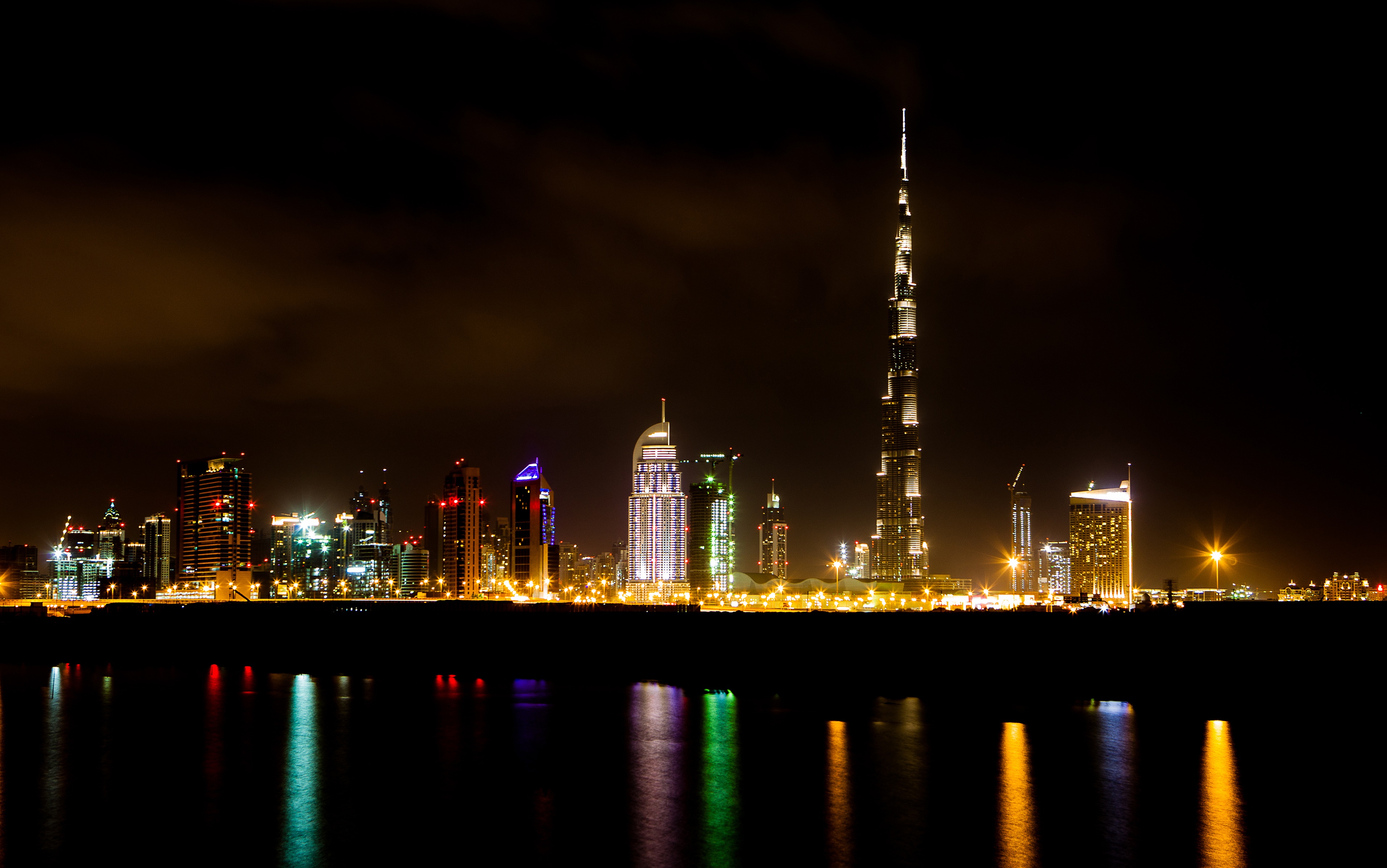Dubai Launches Piloted Air Taxi Test in Desert Skies

The aircraft, equipped with six rotors and four battery packs, can reach speeds up to 320 km/h and fly up to 160 km on a single charge, while generating minimal noise and zero emissions. During the demonstration, it completed several loops over the site and returned to vertical landing, highlighting its readiness for urban operations.
Sheikh Hamdan bin Mohammed bin Rashid Al Maktoum, Crown Prince of Dubai, attended the flights and remarked that the achievement "redefines sustainable and eco‑friendly urban mobility" and supports Dubai’s efforts to lead global innovation. Mattar Al Tayer, Director‑General of RTA, described the aerial taxi as a "premium service" set to enhance connectivity across the city’s transport network.
Joby Aviation’s founder and CEO JoeBen Bevirt praised Dubai as a global launchpad for advanced air mobility, emphasising the collaboration with RTA, Dubai Civil Aviation Authority and UAE General Civil Aviation Authority. He said this marks a "monumental step toward weaving air taxi services into the fabric of daily life worldwide".
The flights at Margham—near the Dubai–Al Ain Road—were part of a commercial market‑readiness campaign in anticipation of the 2024 six‑year exclusive operating agreement between Joby and RTA. Joby’s aircraft have already undergone extensive preparation in California and at Edwards Air Force Base, with the Dubai trials now testing performance under desert heat exceeding 43 °C.
Infrastructure development is advancing alongside the flight programme. Skyports Infrastructure is leading construction of the first vertiport at Dubai International Airport, expected to open in early 2026. Additional vertiports are planned for Palm Jumeirah, Dubai Marina and downtown, enabling rapid integration with existing transit systems. The 12‑minute flight between DXB and Palm Jumeirah will cut typical 45‑minute road journeys to a fraction of the time.
Joby has raised over US $2 billion to date, including substantial investment and manufacturing support from Toyota. The company is approaching final certification stages with both US and UAE regulators and reports zero revenue thus far, having focused on testing and scaling production.
The advance in Dubai is being closely watched within the urban air mobility sector, often criticised for delays in delivering on futuristic promises. Analysts view Joby’s piloted testing, regulatory momentum, infrastructure roll‑out and strategic backing as key indicators that commercial eVTOL services are on the verge of launch.
With demonstrations underway and commercialization set for Q1 2026, Dubai is poised to become the first global city with operational air taxi services. The move underscores the emirate’s ambition to cement its reputation as a pioneer in sustainable, tech‑driven transport, reshaping the future of urban travel.

Join the conversation